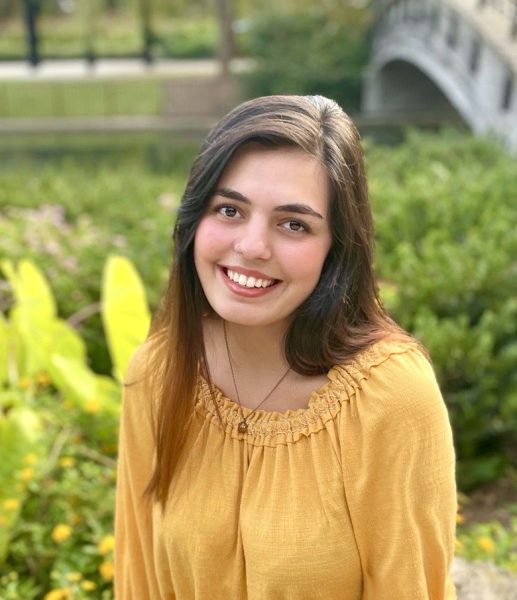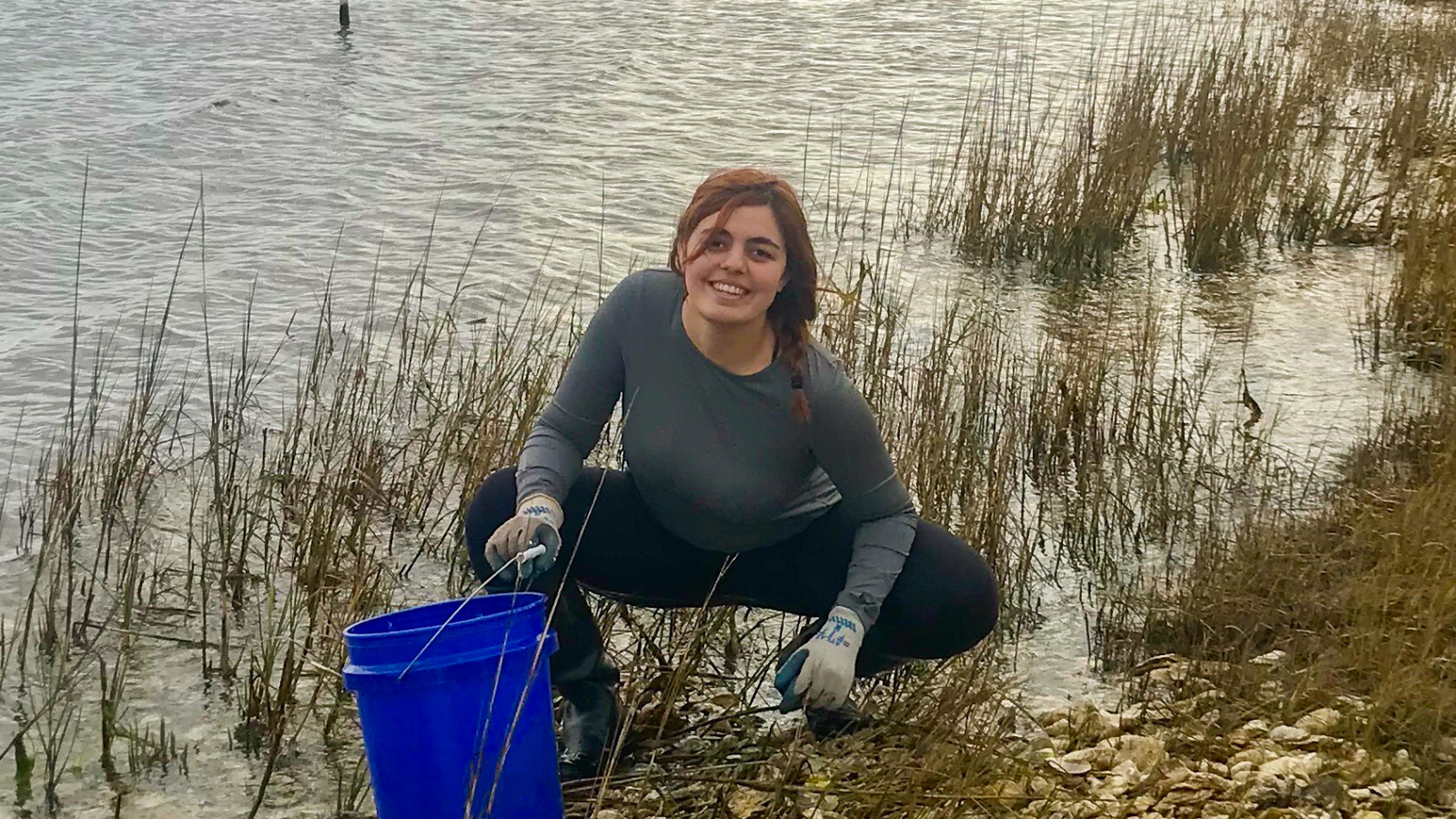The question of whether to work in industry or go to graduate school is frequently a topic of conversation among graduating seniors, employers looking to fill positions and professors recruiting students to expand research programs.
Biological and Agricultural Engineering (BAE) doctoral graduate Emine Fidan, now an assistant professor at the University of Tennessee (UT), chose to pursue a doctorate immediately after completing her bachelor’s in biosystems engineering with the intention of becoming a professor.
Getting Involved
Like a lot of biological engineers, Fidan was initially drawn to environmental engineering because of her interest in outdoor, hands-on activities. However, she was more interested in a discipline with a focus on agricultural dynamics and surface water systems.
“I thought that biosystems was a good fit because it was a more holistic engineering discipline,” she says. “It was really a broad look at the environment around us and not limited to just anthropogenic urban systems.”
As an undergrad at UT, Fidan sought out opportunities within the department to get involved in research. UT Professor Emeritus Paul Ayers welcomed her into his research group where she gained experience on different projects. One study included testing a prototype that mapped water quality along streams in the Smoky Mountains, while another study took Fidan to Key West, Florida for a scuba diving expedition where she used specialized cameras to map coral reef health in the Atlantic.
“These activities and research projects that I worked on in undergrad essentially are what really motivated me to go to grad school and pursue academia,” she recalls. “[Ayers] showed me that you can kind of shape…your own research program as a professor.”
Choosing a Doctoral Program
BAE graduate programs rank third in the nation by US News and World Report. With an emphasis on interdisciplinary research, faculty and students work to address global challenges such as producing a food supply to meet a rapidly growing population demand, climate change and climate variability, carbon sequestration and utilization, development of renewable energy sources, providing access to clean water, managing nutrient cycles, restoring ecological systems and improving urban infrastructure.
“I knew that I had the skills in water quality data collection and analysis,” Fidan explains. “I wanted to gain more statistical and modeling expertise in grad school, and that’s what I pursued in my Ph.D. at NC State.”
In addition to a robust engineering program, Fidan was drawn to BAE because of its familial atmosphere and the local community. She saw that the department’s Graduate Student Association was active in bringing students together, faculty made themselves available for individual mentoring and the students were encouraged to take advantage of fellowship opportunities, as well as participate in the American Society of Agricultural and Biological Engineers (ASABE) by offering financial support.
“When I first met Emine at our recruiting weekend, it was immediately clear to me that she was a special student, and my first impression of her intellect and tenacity proved to be true,” says BAE Assistant Professor and Fidan’s advisor Natalie Nelson. “She forged a path for herself as a Ph.D. student and produced really interesting findings regarding drivers of flood water quality.”
 While at NC State, Fidan worked on data analytics and modeling applied to the environment and agriculture. Her projects included modeling flood waters in agricultural landscapes, quantifying the drivers of water quality trends in flood waters and trend analysis of estuary dissolved oxygen dynamics after hurricanes.
While at NC State, Fidan worked on data analytics and modeling applied to the environment and agriculture. Her projects included modeling flood waters in agricultural landscapes, quantifying the drivers of water quality trends in flood waters and trend analysis of estuary dissolved oxygen dynamics after hurricanes.
As a doctoral student, she also had the distinction of being a National Science Foundation Innovations at the Nexus of Food, Energy and Water Systems Food-Energy-Water (INFEWS) Graduate Scholar, an NC Space Grant Graduate Research Fellow, and an NC Water Resources Research Institute (WWRI) and NC Sea Grant Graduate Student Fellow in addition to being a two-time winner of the ASABE Annual International Meeting Oral Competition and the American Ecological Engineering Society (AEES) Annual Meeting Graduate Student Design Competition winner.
She successfully defended her dissertation Understanding hurricane-induced water quantity and quality dynamics using machine learning and environmental data analytics approaches in November 2022. In her most recent manuscript, she developed a framework to model the daily pluvial flood extent in the North Carolina Coastal Plain area after Hurricane Matthew.
Becoming a Professor
Fidan began her appointment at UT in January 2023. For the first year, her main priorities are laying the groundwork for her research program with a strong emphasis on applied research that benefits underserved communities, applying for grants and researching needs for the state of Tennessee.
 Mental health and self-care are also a priority for Fidan. Nelson had a strong influence as her mentor and a mental health advocate. “[Nelson] was always pushing for her students to make time for themselves and prioritize their mental health,” Fidan says. “The best part about my Ph.D. was that she pushed me to do things, but she also knew when I needed to take a break.”
Mental health and self-care are also a priority for Fidan. Nelson had a strong influence as her mentor and a mental health advocate. “[Nelson] was always pushing for her students to make time for themselves and prioritize their mental health,” Fidan says. “The best part about my Ph.D. was that she pushed me to do things, but she also knew when I needed to take a break.”
With opportunities for collaboration internal and external to UT, and several student recruits, Fidan is well on her way to building a successful Ecological Systems Engineering research program.
When asked what advice she would give to other graduates, “I would just say not to be discouraged by your failures in research. And that’s because I had so many. A huge part of my Ph.D. was just trying something new, finding out that it didn’t work, trying something else, and then reaching another obstacle.”

